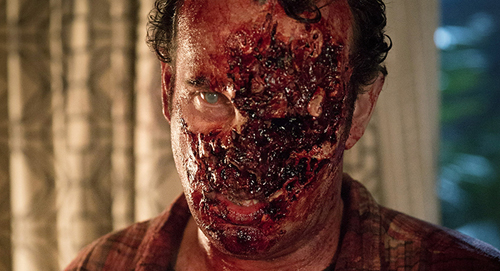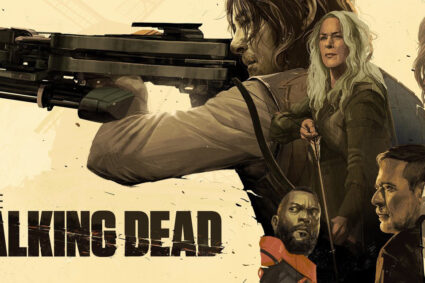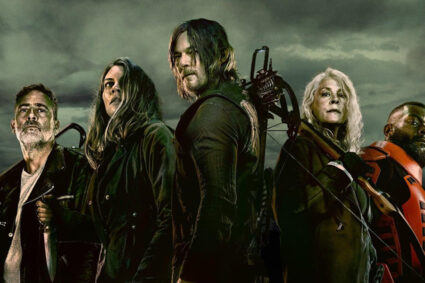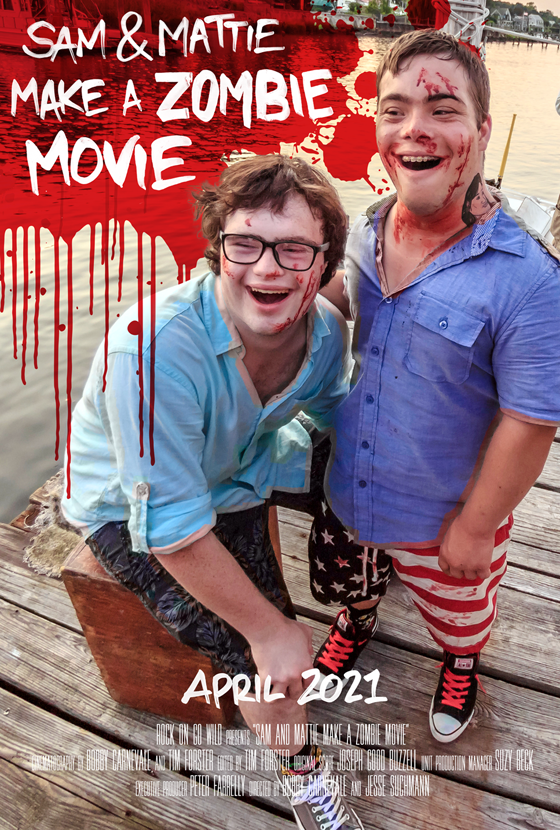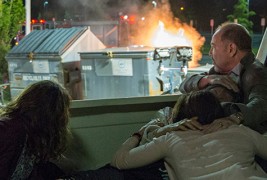
For a show that got off to a slow start, Fear the Walking Dead proved itself to be a solid zombie series by the end of its inaugural season. With the initial season of six episodes now complete and aired, we’re left with the desire for more, a feeling that is very familiar to those of us who are also fans of the original series, The Walking Dead.
Season one of Fear the Walking Dead opened with an anticipated high number of viewers—albeit, numbers that didn’t necessarily hold steady throughout the season. But considering the original series also had similar fluctuations in viewer numbers early on, and given the seemingly unstoppable force that show has developed into, it was only fair to give Fear the benefit of the doubt.
As with any show worth its salt, the characters are the driving force behind the show’s ultimate success or failure and its fulfilling plot development. One of the strengths of the season in this aspect has been in showing how individual characters react to the stress of a large-scale disaster, with some predictably and realistically handling it better than others. This is similar to the original series, but the characters on the companion series are unique enough to prevent a been-there-seen-that attitude among the viewers. We know it’s the same universe and the same premise, but these characters are totally new and fresh.
Take for example the fact that the character most capable of handling the new world order is a heroin addict who’s been living on the fringes for years already. Nick’s (Frank Dillane) comment that he feels like he’s been living an apocalypse for years, not knowing where he was going next, and everyone else is finally catching up to him pretty much sums up his character in just a few words. This highlights his affinity and similarity to new character Strand (Colman Domingo), whose theory on survival in a mad world involves embracing the madness. Although Nick is a selfish and manipulative addict at heart, he also has moments of selflessness, as evidenced when he tells his mother to leave him and Strand after it appears they won’t be able to open the door they are trapped behind at the military compound.
The overall story arc of the season worked for the most part, although falling flat in key places, such as the repeated discussion of getting out before it was too late, only to have the departure repeatedly delayed—in part because of misguided attempts to shelter the younger members of the group. Take for example both Travis and Madison’s failure to enlighten the younger teenaged members of their families about the gravity of the situation, allowing Alicia to remain completely aloof, and causing said teenagers to act like typical entitled and self-absorbed young adults.
Something else that seemed to undermine the series’ slow burn approach was the nine-day jump during the fourth episode’s storyline. While this is a minor issue in the overall scheme of things, it seems that it would have been worthwhile seeing more of the process of having the military take over and set up the so-called “safe zones,” even if given only a part of one episode.
Another frustrating issue throughout the season was Travis’ (Cliff Curtis) seeming inability to grasp the reality of their new situation, although appearing to be the most open-minded in reaction to Nick’s story in the pilot episode. In comparison to other characters, Travis’ struggle to adapt is explored in a variety of situations including pressure from the military to kill an infected and his ongoing opposition to guns. While his faith in authority came crashing down along with his hope that he could protect his family in realized with the (SPOILER ALERT!) heart-wrenching decision he made to be the one to terminate his infected ex-wife Liza (Elizabeth Rodriguez) at the end of the season finale, we’re left waiting until season two to see how Travis will react to his new perception of the world as it has become.
Overall, going into the season finale, I likely wouldn’t have gone higher than a high C or low B for an overall season grade. However, the finale renewed my faith in the show’s creators and writers and reminded me why I’m still a fan of the original series and now a devoted fan of the new one (stream it here), bringing my final analysis up to at least a B+. At the very least, I can now count myself among those waiting with baited breath for not only season six of The Walking Dead, but also for season two of Fear the Walking Dead.


